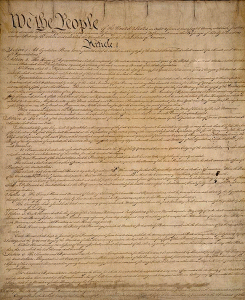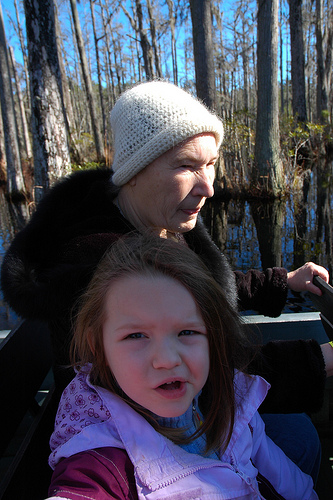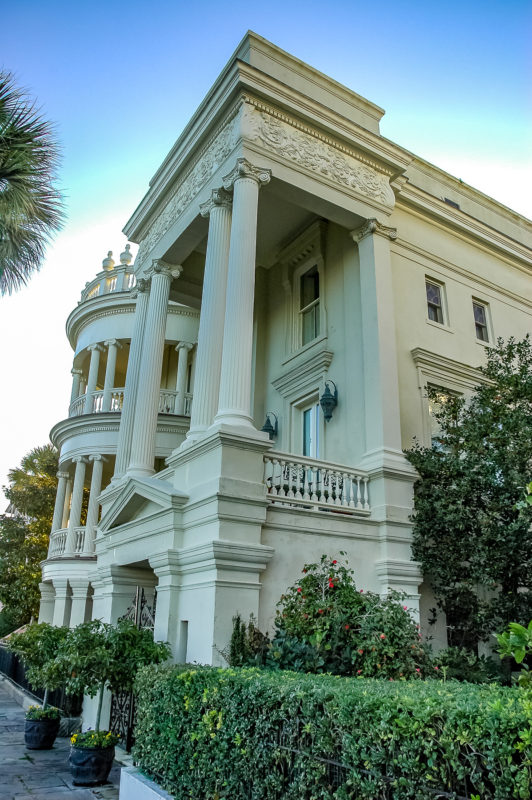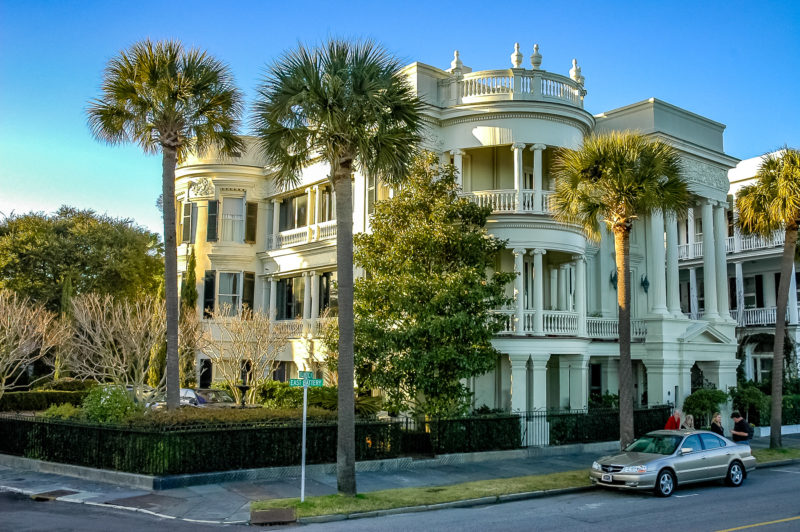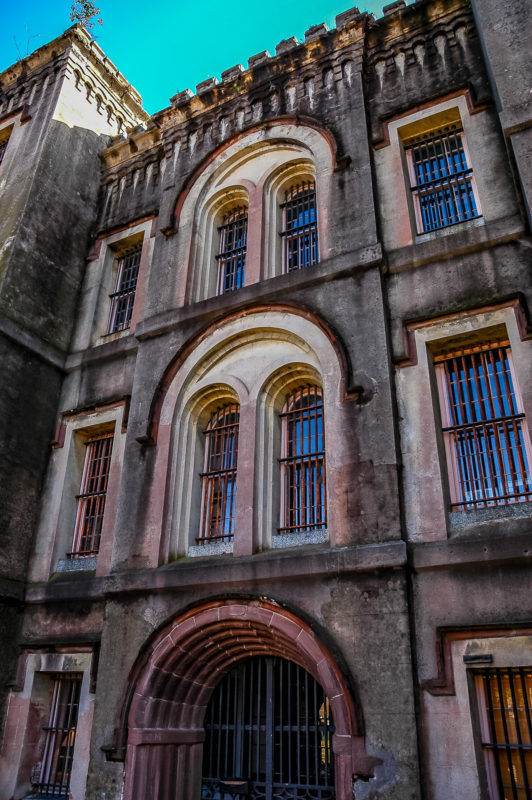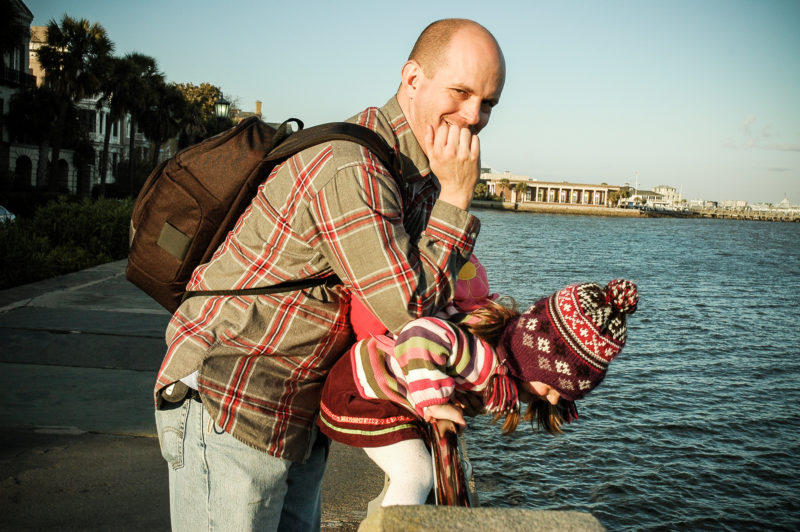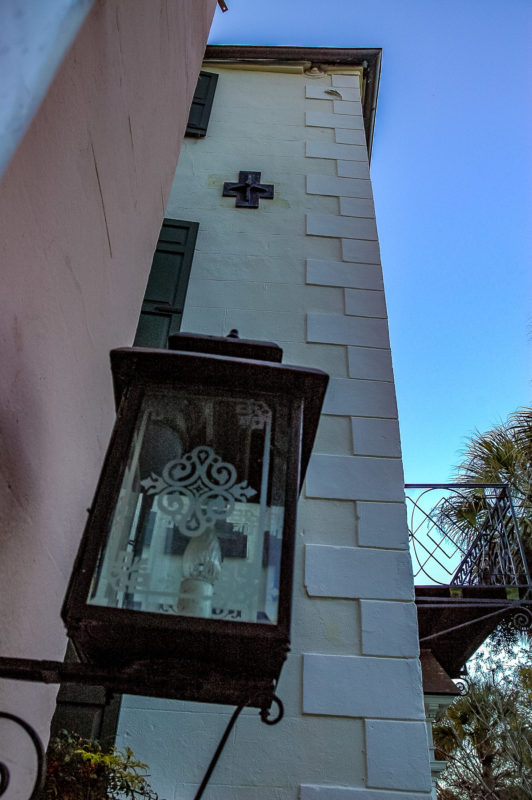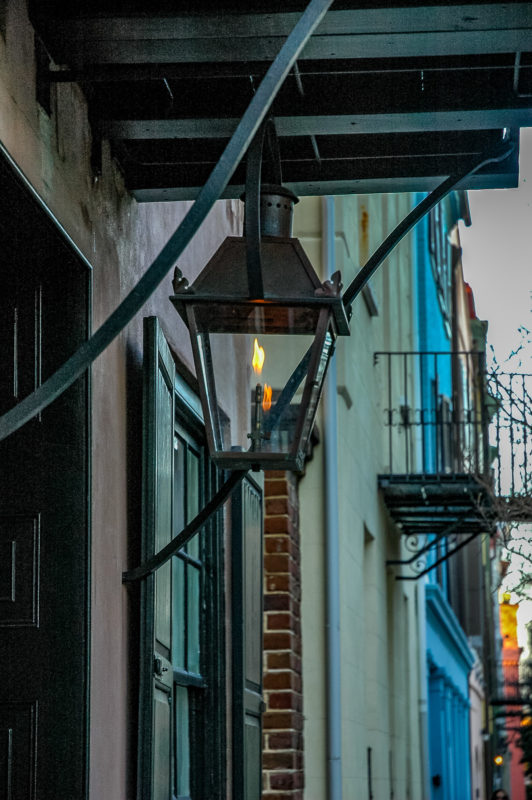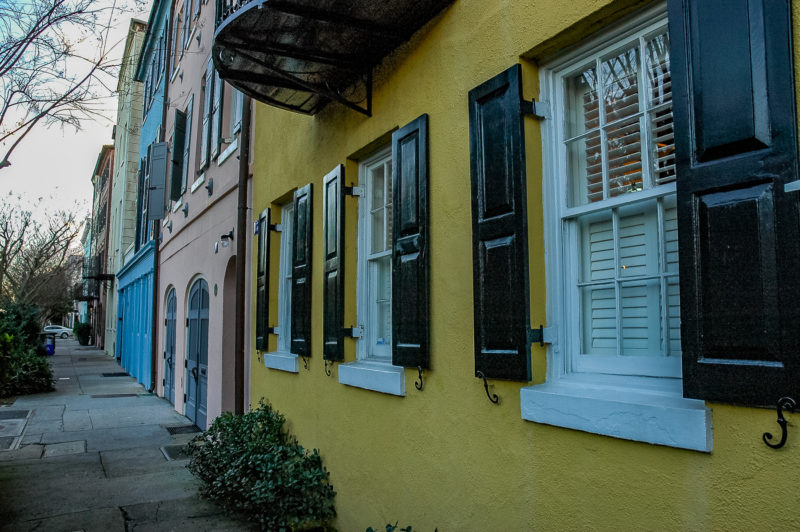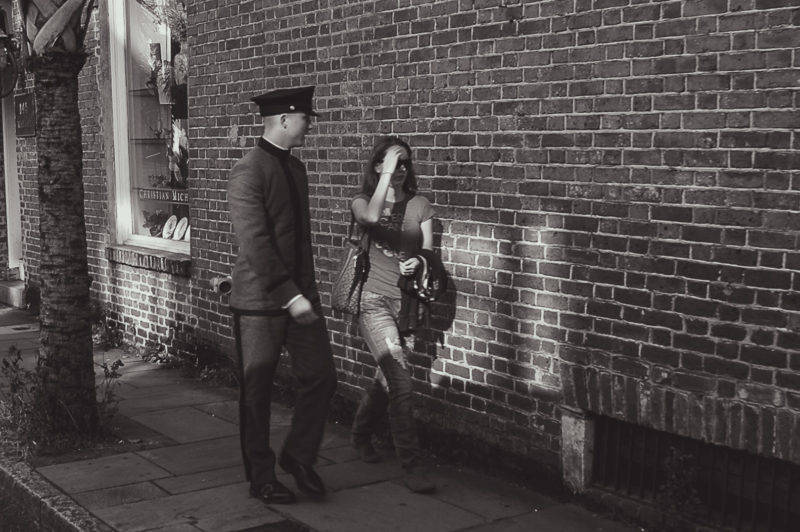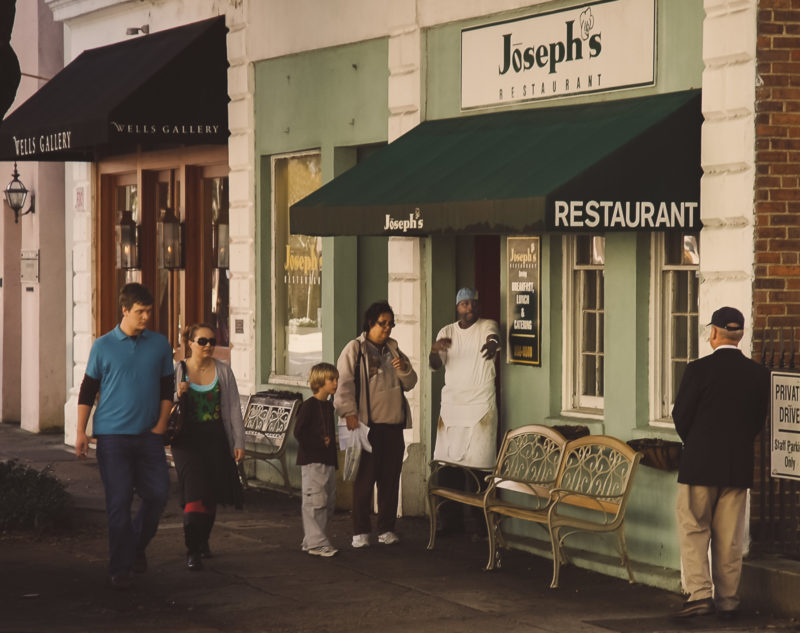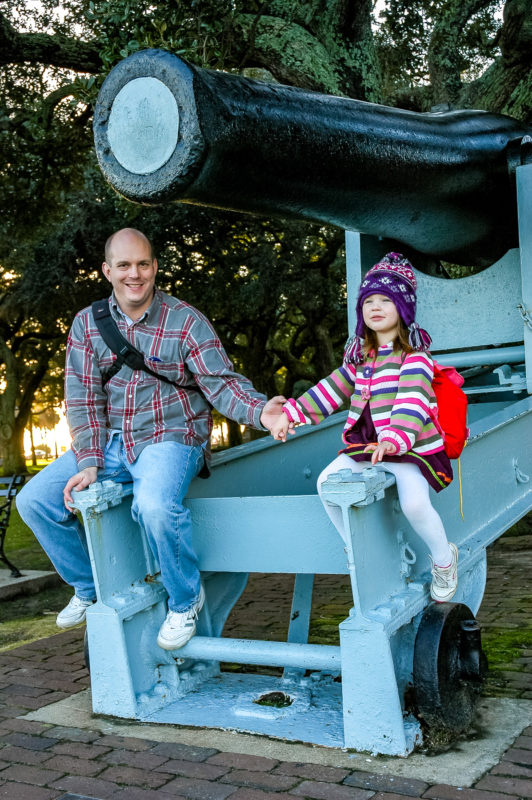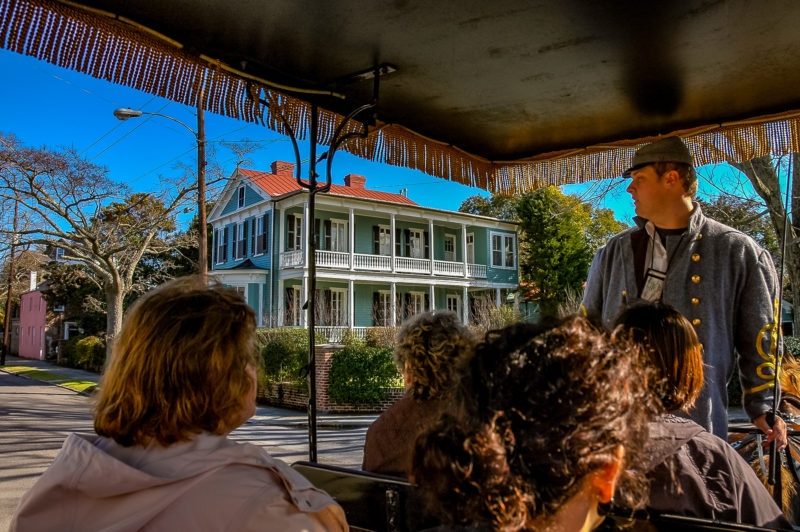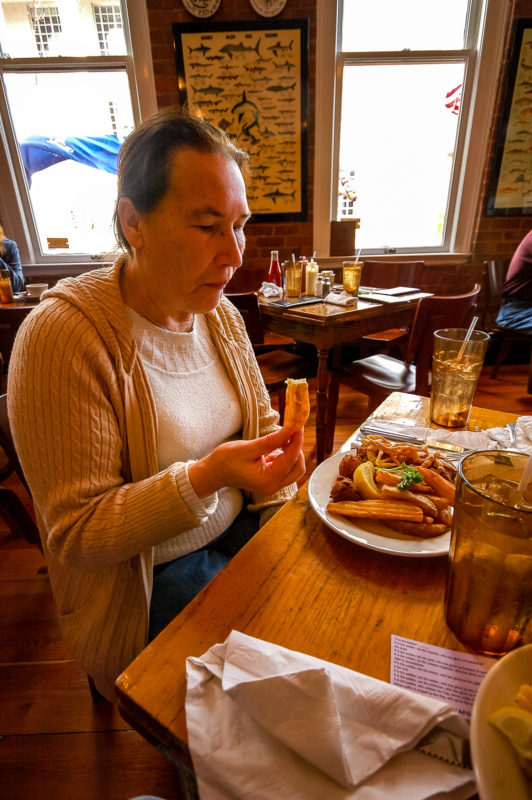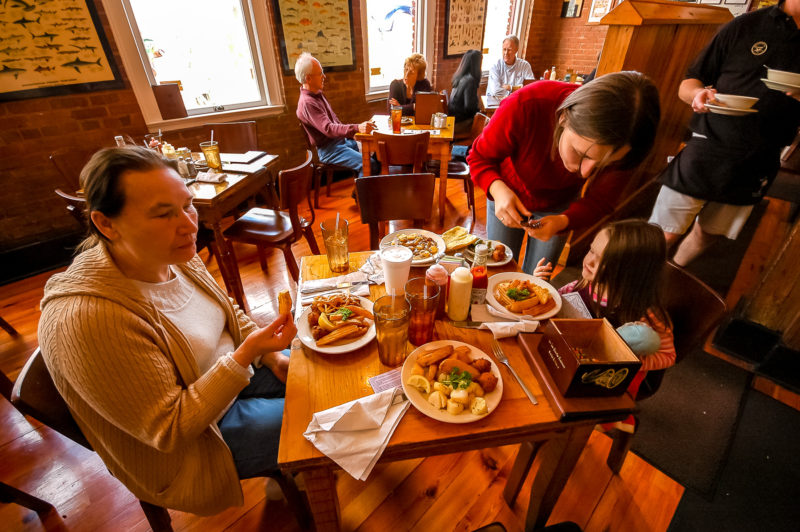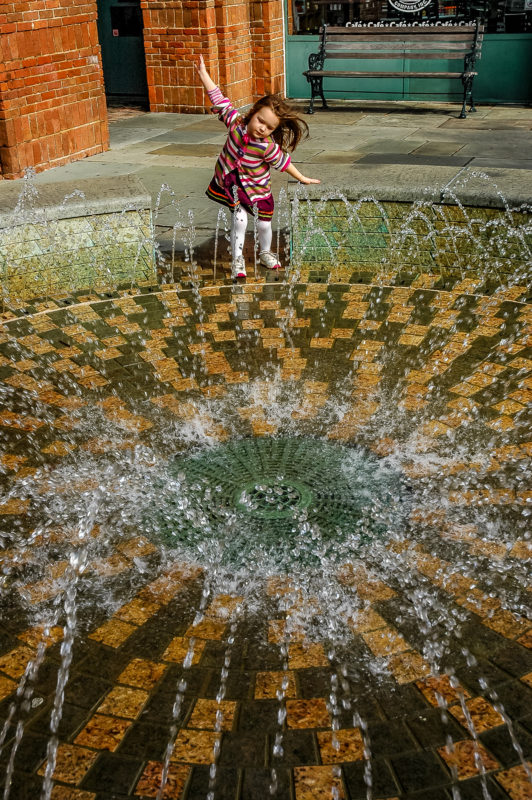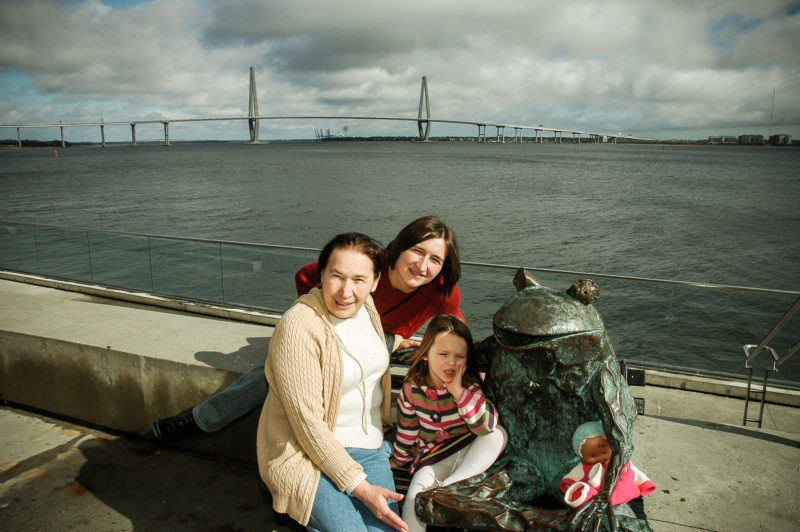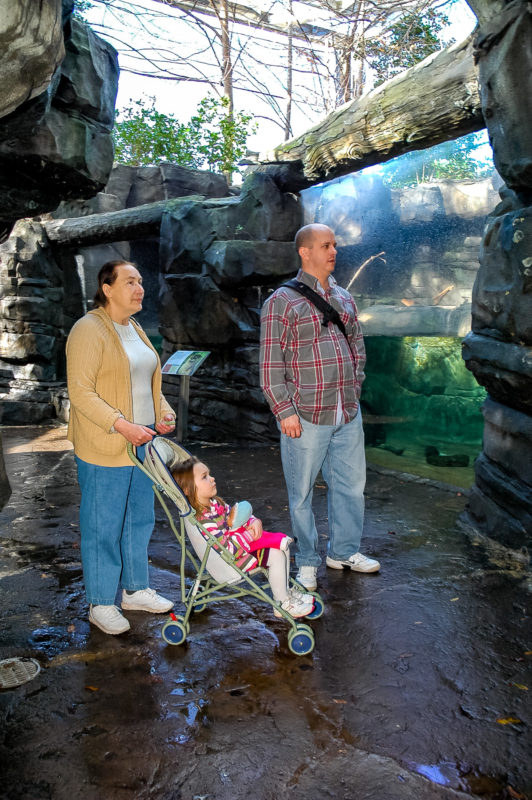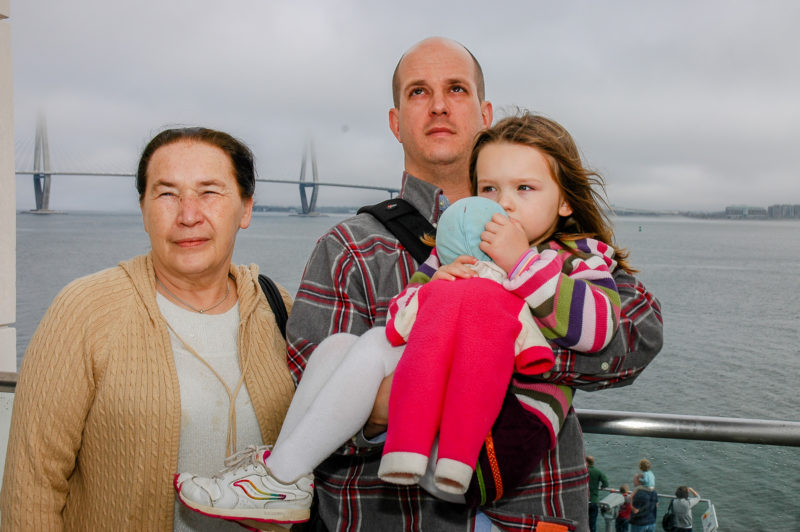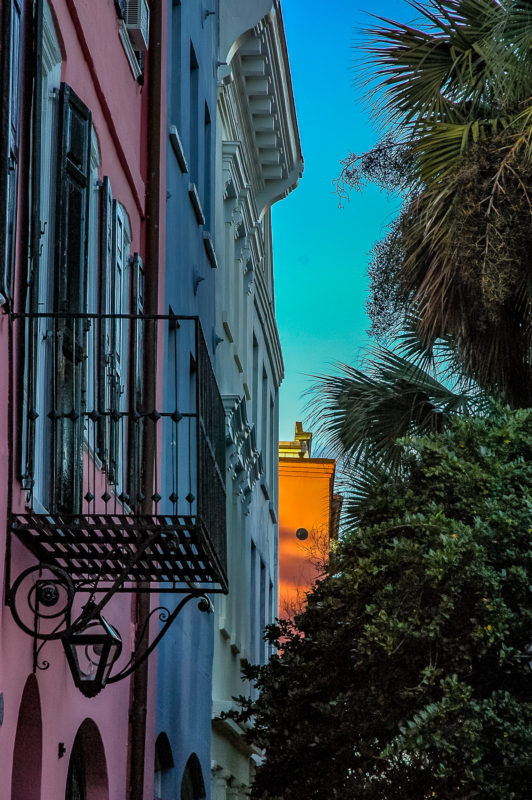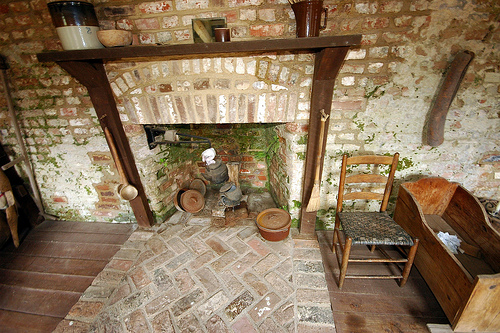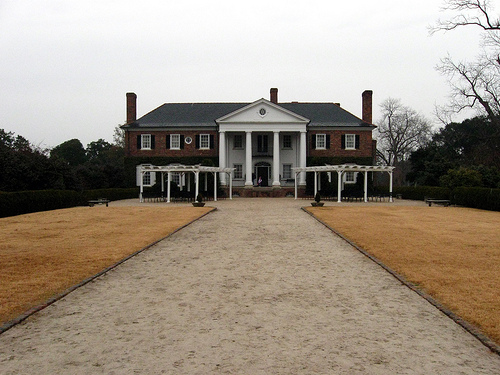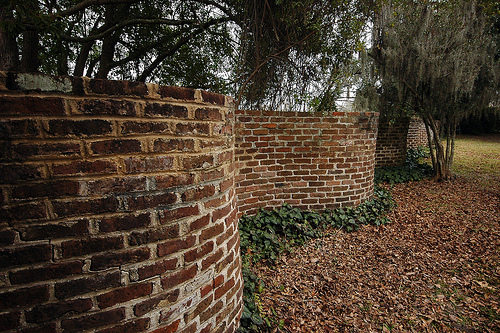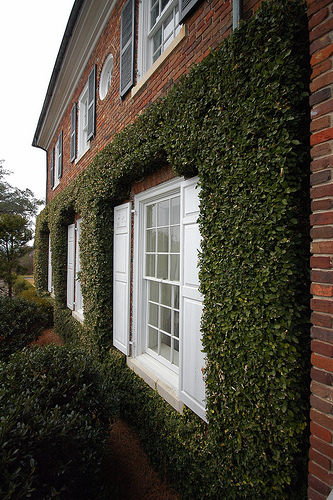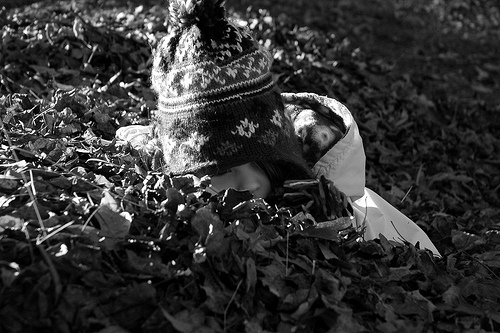I’d left it on the counter as I’d cooked dinner earlier tonight, and as I picked up the bottle of sesame oil, I suddenly fell back through the years and found myself standing in my kitchen in Lipnica Wielka in the late mid-90s, holding the bottle of sesame oil I’d inherited from Roy, an American returning to the States. Standing here in Greenville, I closed my eyes and for a few moments, I could almost feel myself back in that odd kitchen: the little refrigerator in the corner; the old wood-burning oven that I’d covered with a tablecloth and pressed into service as a dish-drying counter; the overhead light hanging from a wire, casting a harsh yet dim light throughout the room.
I imagined myself putting the sesame oil back in its place. I’d been so happy when I realized, a few weeks after moving into the apartment, that everything in the kitchen finally had a home. It was another sign that the small village in southern Poland was becoming my home. The rice lived a shelf up from the herbs and seasonings, which also housed the sesame oil. Everything had its place, including me.
I imagined myself putting the sesame oil back in its place and wandering into the living room, sitting down to look over lesson plans for the next day. My rock star status mitigated many of the challenges of being a new teacher. I had an advantage over every other teacher: I’d crossed an ocean and half a continent to teach the kids. I was from the land of 90120, Coca Cola, and highways. The honeymoon lasted longer than one might have expected: although I was soon just another teacher, I never became just another Polish teacher. “I learned how to be a different kind of teacher from you,” my Polish counterpart English teacher told me when I left. I enjoyed what I was doing; I was teaching by choice. The kids recognized that.
I imagined myself putting the sesame oil back in its place and wandering around the apartment, feeling lonely. Despite the incredible friendships I developed in Poland, I often found myself alone, and that solitude sometimes bore down upon me.
I imagined myself putting a bottle of sesame oil in a box to give a Polish friend before I left in 1999, thinking I’d never return. A vegan in a land of meat and potatoes, she appreciated different cuisines and figured she could do something with the oil.
I imagined all these things tonight, and for a moment, a familiar nostalgia and longing slid up beside me, brushed me, and moved on. Such an experience ten years ago would have sent me into a depression that might have lasted the evening. It eventually sent me back to Lipnica. Tonight, it brought a smile and chuckle at the power of sesame oil.





